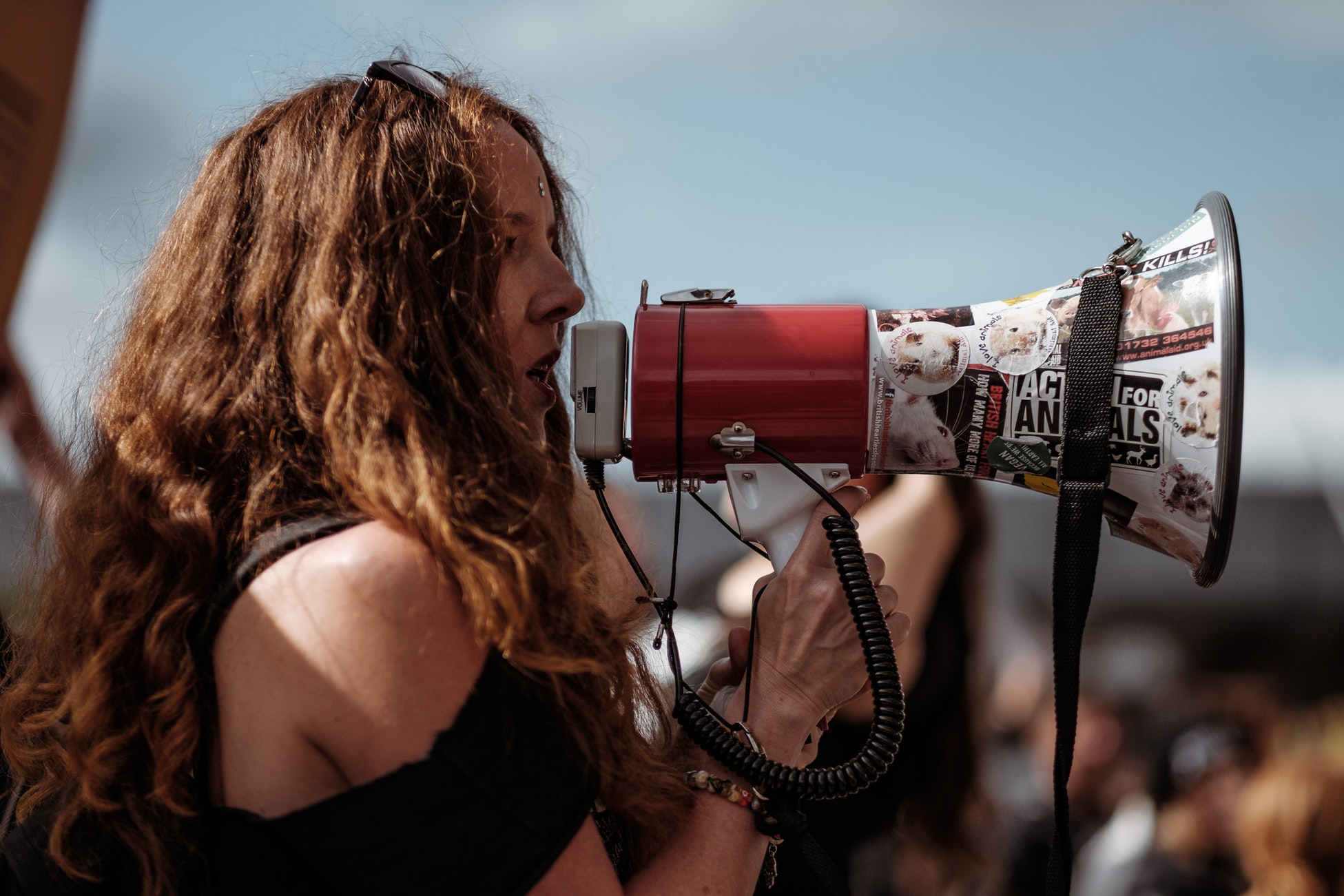WIFI (a wireless local area network that uses radio waves to connect computers and other devices to the Internet) is a technological innovation that has been prompted by the urge of being wireless and WIFI safety tips help avoid danger spots.
Wireless technology has led to greater efficiency as people can use it to monitor babies and turn TVs on, among others.
However, WIFI presents various risks if precautionary measures are not followed. For instance, a public WIFI such as from Black Hat is not as secure as a private or personal one.
Although most everyone will take risks for anything FREE as in public places, nevertheless, the following four (4 ) procedures will enhance your WIFI safety.
Encrypt WIFI data
You can strengthen eavesdropping protection by scrambling data transmitted between your sites and devices.
Expressly, your browser automatically encrypts connections to various compatible sites. As a result, you should encrypt or scramble your WIFI data.
Statistics showed that Black Hat’s encrypted traffic on its WIFI network did not exceed seventy percent (70%). This information was availed by RSA Security’s Neil Wyler and Optiv Security’s Bart Stump.
Some Black Hat’s attendees endangered themselves by sending sensitive documents using mail services that were not able to scramble messages.
Watch applications(apps)
Some WIFI connectivity can distort your mobile applications, and this requires a keen eye. The encryption procedure is not well defined in mobile apps.
However, Google and Apple necessitate app developers to have communications encrypted.
Mike Spicer, a security researcher, asserts how WIFI connectivity at security conferences was used to reveal information about an unencrypted location. This happened through weather apps.
The notion illustrated is that you should avoid public WIFI even in places such as conferences.
Get a VPN for WIFI connectivity
A virtual private network (VPN) is instrumental in encrypting your whole connection. This is the scenario even if people using the same WIFI are utilizing gibberish mail services and experiencing dodgy apps.
As a result, VPN can keep your WIFI safe even if its public.
According to review websites such as Wirecutter and PCMag, VPNs are expensive as they cost thirty-five dollars ($35) and this price is continuously increasing yearly.
Moreover, they necessitate cautious configuration so that kill-switch settings and backstops can be enabled.
You should, however, be careful of free VPNs as they have the capability of harvesting your data.
Update WIFI security patches
As soon as security patches are available, you should install them. This is instrumental in defeating attackers who may exploit WIFI vulnerabilities.
Conversely, you should avoid installing new applications, especially if they are not availed by Google and Apple as this will mean utilizing untrusted bandwidth.
You should adhere to these WIFI precautionary measures as hackers are continuously exploring new methods to conduct their attacks such as through IoT devices.







